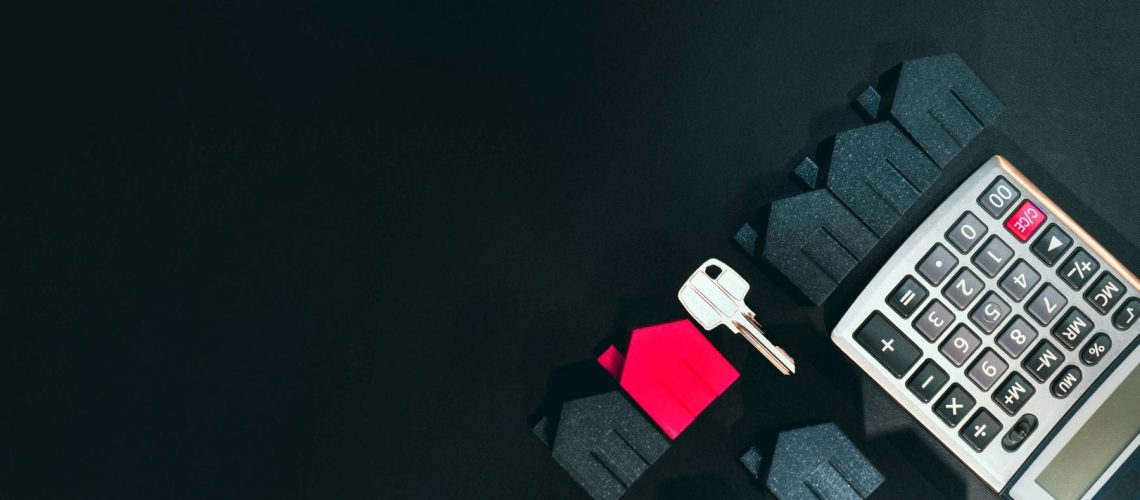When making an offer on a house, you include earnest money to demonstrate to the seller that you are serious about the purchase. This earnest money becomes part of your down payment if the offer is accepted, is returned if rejected, or is forfeited if you withdraw from the deal for reasons not stipulated in the offer. For example, suppose your offer includes a financing contingency, and you cannot secure a loan. In that case, you can cancel the contract and reclaim your earnest money deposit.
How Much Earnest Money?
The amount of earnest money you choose to offer is up to you. Real estate agents may give misleading information about standard amounts or percentages of the offering price. In reality, you can submit an offer with as little as a one-dollar deposit if you wish, and the agent must still present that offer. However, an offer backed by only one dollar may not be taken seriously, and the agent might encourage the seller to reject it. Ask about the typical earnest money amounts in your local market.
You also have the option of a two-part deposit. For example, you could make an offer with an initial earnest money deposit of $100, stating that this amount will increase to $2,000 once the offer is accepted or when other contingencies, like an inspection or appraisal, are met. This approach prevents your funds from being tied up until you are sure the seller is committed to selling to you, and it will generally still be seen as a serious offer if the deposit is set to increase significantly.
Who Gets the Earnest Money Deposit?
Never give your earnest money check directly to the seller. This could lead to complications if you need to withdraw from the deal due to financing issues, termite infestations, or other valid contingencies. If the real estate agency handling the sale has an escrow account, making the check payable to the broker is safe. Otherwise, you can use a title company or another escrow account, but always ensure you give your deposit to a trustworthy third party.
How to Protect Yourself
Unexpected situations can arise. If you withdraw from the deal for a reason not covered in the contract, you risk losing your deposit. Additionally, the seller may sue you for further damages or attempt to force you to purchase the home. To safeguard yourself, include a clause in the offer specifying that the earnest money serves as “liquidated damages” if you default. A real estate agent can assist you with the appropriate wording. If you default on the contract, the seller cannot demand more than the amount you have already provided as earnest money.


